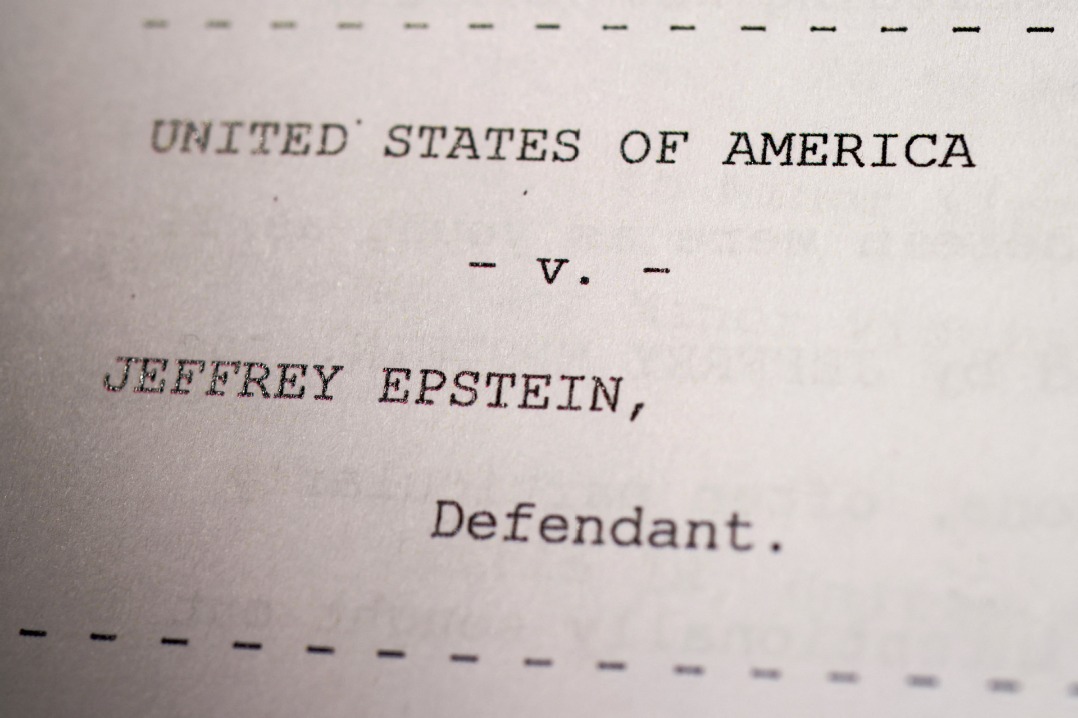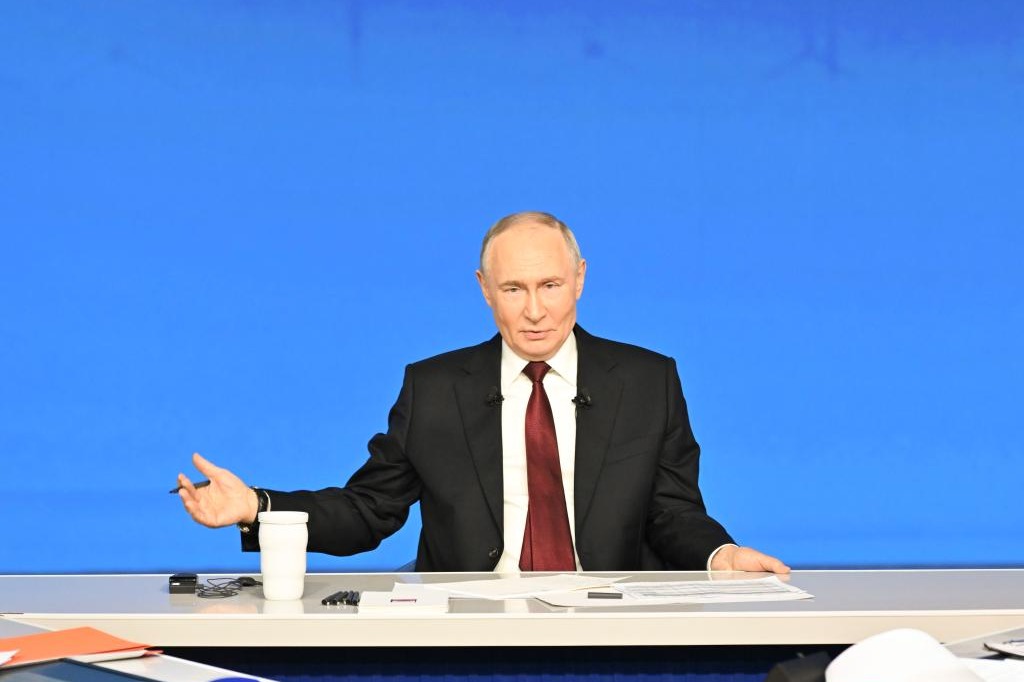EU nations move toward loosening restrictions


According to European Commissioner for Crisis Management, Janez Lenarcic, the biggest alarm came at the end of February when Italy requested assistance. "There was no response," he said.
An opinion poll last month found that 88 percent of Italians felt the EU had failed to support their country, and on April 2, Von der Leyen apologized to the country for a lack of solidarity in tackling the crisis. She did so again on Thursday.
"Too many were not there on time when Italy needed a helping hand at the very beginning. And yes, for that, it is right that Europe as a whole offers a heartfelt apology," she told the European Parliament.
Kedaitiene, the former EU official, said critics are right about the bloc's response to COVID-19. But she added that the EU has learned lessons from the financial crisis of 2008. "The financial institutions are more powerful, resilient and better equipped," she said.
On Friday, the European Parliament passed a resolution calling for a massive recovery package to support the bloc's economy after the outbreak, including bonds guaranteed by the EU budget, an issue that leaders of member states have yet to agree on.
Brende praised the EU for "adapting and progressing" through this crisis, citing its financial packages announced in recent weeks.
He said EU leaders are "united in calling for European solidarity, and are even contemplating further political integration".
The Guardian and Politico contributed to the reporting.

































